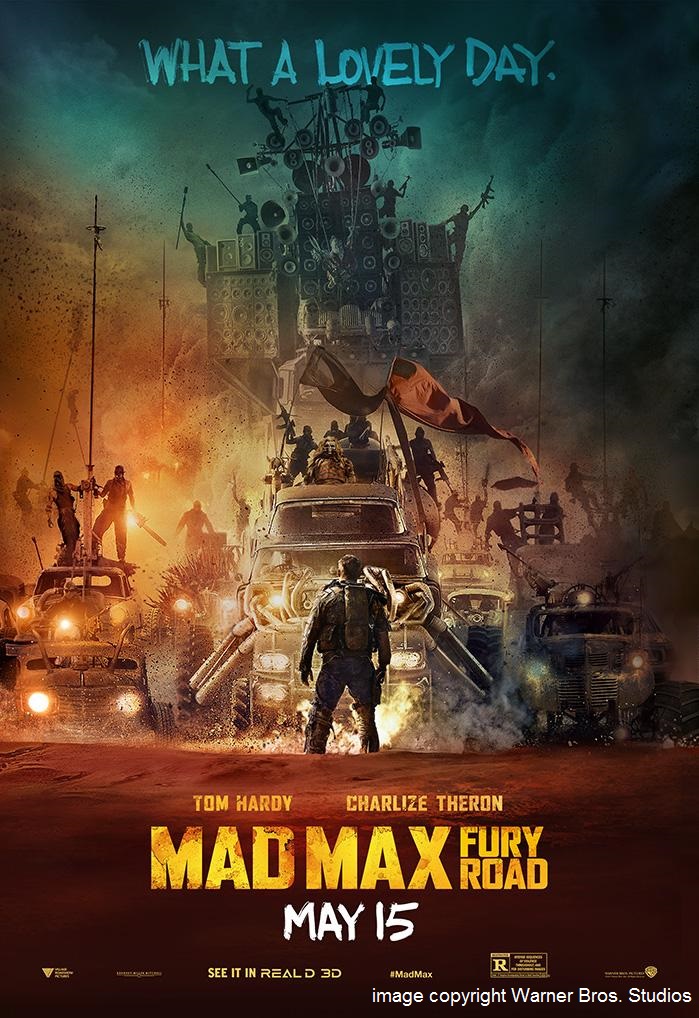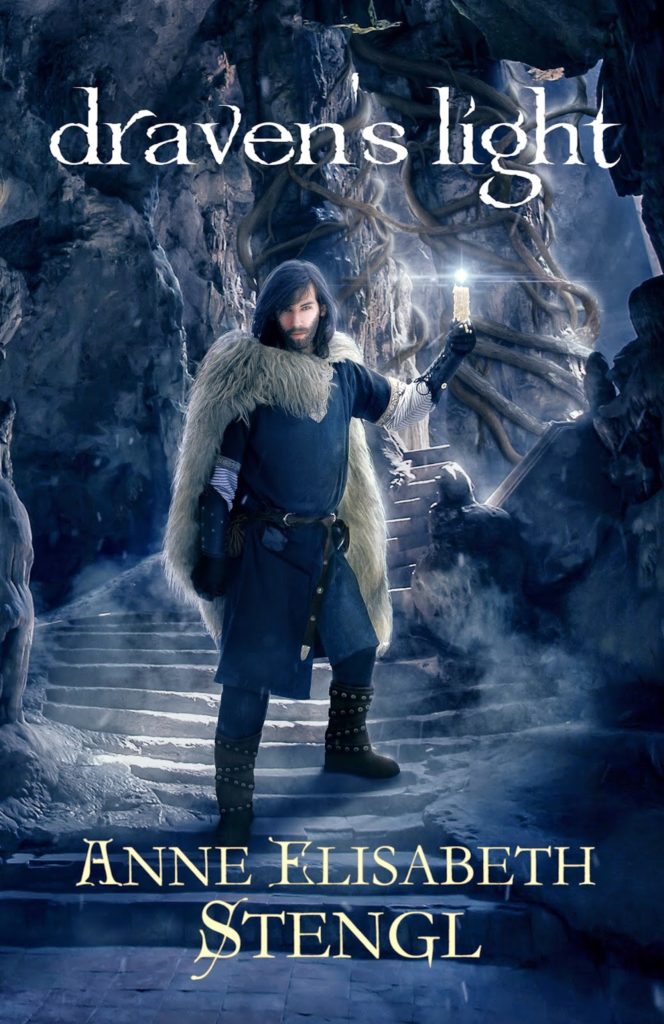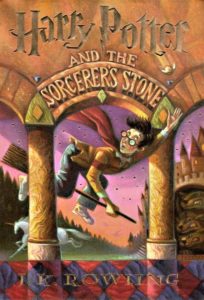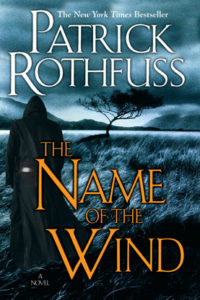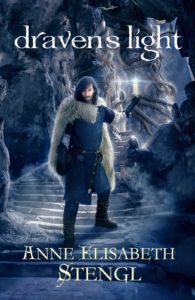Books You Should Consider Nominating For The Clive Staples Award
I’m grateful to Becky Minor, Realm Makers, and The Faith and Fantasy Alliance for taking the lead in organizing and running this year’s Clive Staples Award. Because the winner will be announced in August, the timetable for all things connected to the award has been compressed.
Consequently, nominations for the award and the first round of reader-choice voting are one and the same! It’s vital, then, that readers get involved in the process now. There won’t be a long list of books compiled from nominations for you to pick from. Rather, voting begins now. Your participation not only puts a book (or books) up for consideration but is a vote for it (or them) to make the list of semi-finalists.
I thought maybe this week we could “think out loud” and mention books that we consider award worthy. It’s easy to overlook books we read back in January 2014, so reminding each other of the books we like, seems in order.
So here are some titles (alphabetized) that have caught my attention, either because I read them, have heard good things about them, wish I could read them, think they look intriguing, or I’ve read something else by the author. (The links will take you to our library where you can read a description, see the book cover, find a link to Amazon, read any comments or reviews posted here at Spec Faith. I’m only sorry we don’t have them all in the library.)
A Draw of Kings (The Staff and the Sword, Volume 3) by Patrick Carr
A Time to Die (Out of Time Book 1) by Nadine Brandes
Cloak of the Light: Wars of the Realm, Book 1 by Chuck Black
Deluge (River of Time Series, Volume 5) by Lisa T. Bergren
Exiles: Realms of the Infinite, Book One by R. J. Larson
Godless by James Dobson and Kurt Bruner
Hacker (Outlaw Chronicles) by Ted Dekker
Jupiter Winds by C. J. Darlington
Merlin’s Nightmare (The Merlin Spiral) by Robert Treskillard
Of the Persecuted (Legends of the Woodlands, Volume 1) by Angie Brashear
Orphan’s Song (Songkeeper Chronicles Series) by Gillian Bronte Adams
Rebels (The Safe Lands, Book 3) by Jill Williamson
Revolutionary (Anomaly) by Krista McGee
Search for the Shadow Key (Dreamtreaders, Book 2)) by Wayne Thomas Batson
Shadow Hand (Tales of Goldstone Wood) by Anne Elisabeth Stengl
Storm Siren (The Storm Siren Trilogy, Book 1) by Mary Weber
The Fatal Tree (Bright Empires Book 5) by Stephen Lawhead
The Princess Spy (Fairy Tale Romance Series) by Melanie Dickerson
The Sands of Ethryn (The Gates of Heaven Series) by C. S. Lakin
The War of Swords (The Legends of Karac Tor) (Volume 5) by D. Barkley Briggs
The Warden And The Wolf King (Wingfeather Saga, Book 4) by Andrew Peterson
The Word Changers by Ashlee Willis
Two Renegade Realms (Realm Walkers, Book 2) by Donita Paul
Clearly, if you look at the most recent additions to the Spec Faith library, you can see this list is just a starter. The goal, of course, is to find the best of the best, so we’re looking for you to nominate/vote on the CSA survey for three books you believe are a cut above the rest.
To help others vote, if you would like to mention a Christian speculative novel or novels published in 2014 that you think others might want to consider, please add them in the comments.
One more thing. Not only does the CSA honor the best books, it helps readers to know what books other readers think are the best. So consider the CSA semifinalists to be a handy-dandy “to be read” list tailor made for readers of Christian speculative fiction.


































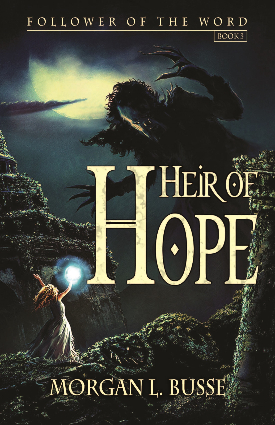
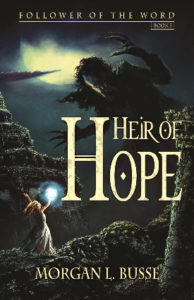
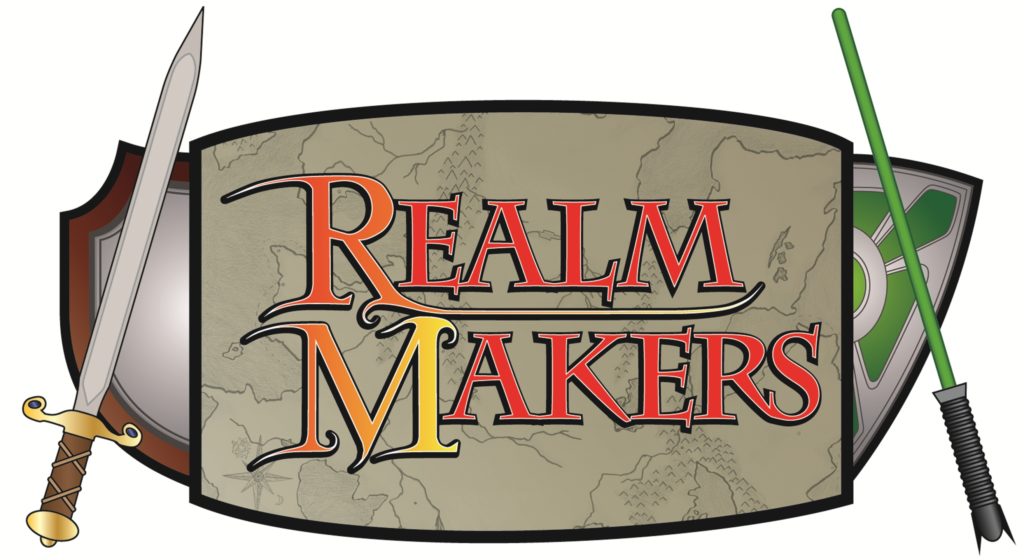
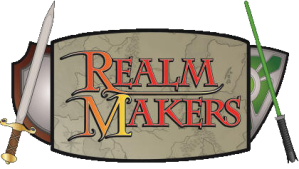


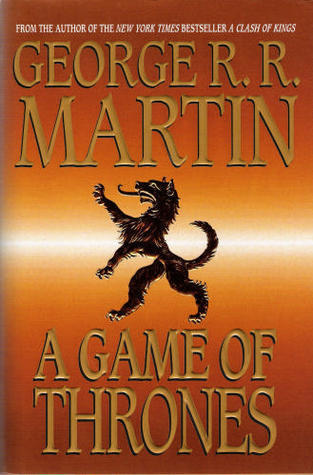

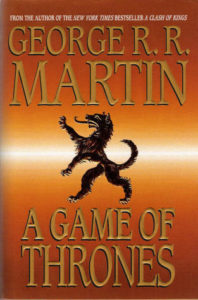
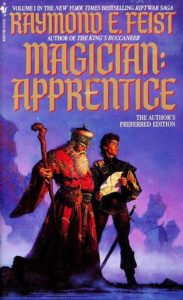


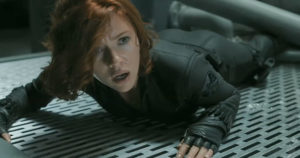 Rosenberg quotes a description of one strong woman âwho burrowed into her work, kept secrets, shopped with glee, cooked with flair, and tenderly looked after her friendsâ kids.â
Rosenberg quotes a description of one strong woman âwho burrowed into her work, kept secrets, shopped with glee, cooked with flair, and tenderly looked after her friendsâ kids.â
